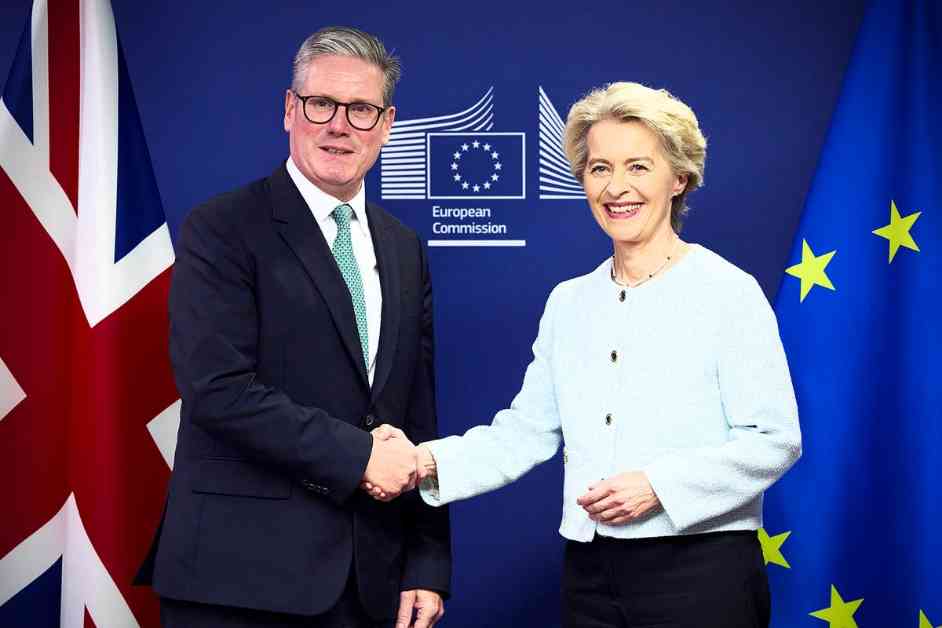The true cost of the UK’s Brexit divorce continues to emerge as Treasury minister Tulip Siddiq confirmed that Britain has already spent £24 billion on withdrawing from the EU, with an additional £6.4 billion still to be paid. This financial settlement agreement has left many questioning the economic impact of Brexit and the future opportunities for cooperation with the EU.
As the chancellor grapples with a £22 billion deficit in the country’s finances, tough decisions on spending, welfare, and taxes lie ahead. The revelation of these staggering figures has sparked outrage among campaigners who are calling for a reversal of the damage caused by Brexit and a renewed focus on closer ties with Europe.
SNP MP Stephen Gethins emphasized the negative impact of Brexit on the UK economy and society. He highlighted the loss of rights, opportunities, and economic growth resulting from the decision to leave the EU. Best for Britain chief executive Naomi Smith echoed these sentiments, emphasizing the need for policies that bring the UK closer to the EU to mitigate the economic consequences of Brexit.
Deputy chief executive of the European Movement, Emma Knaggs, stressed the importance of conducting an independent inquiry into the full extent of the UK’s exit from the EU. She called for a comprehensive assessment of the impact on various sectors such as the economy, healthcare, cost of living, and businesses to better understand the repercussions of Brexit.
Prime Minister Sir Keir Starmer’s efforts to reset relations with the EU have been met with cautious optimism. While promising a youth mobility scheme and access to British fishing waters, there are concerns about the limitations imposed by red lines on the single market and customs union. The Resolution Foundation has warned that without broader alignment with the EU, the potential economic benefits of closer ties may not be fully realized.
In response, a government spokesperson emphasized the ongoing efforts to strengthen ties with European partners, enhance security cooperation, and address trade barriers. As negotiations continue and economic challenges persist, the true cost of Brexit remains a pressing issue that requires careful consideration and strategic planning to navigate the post-divorce landscape.












